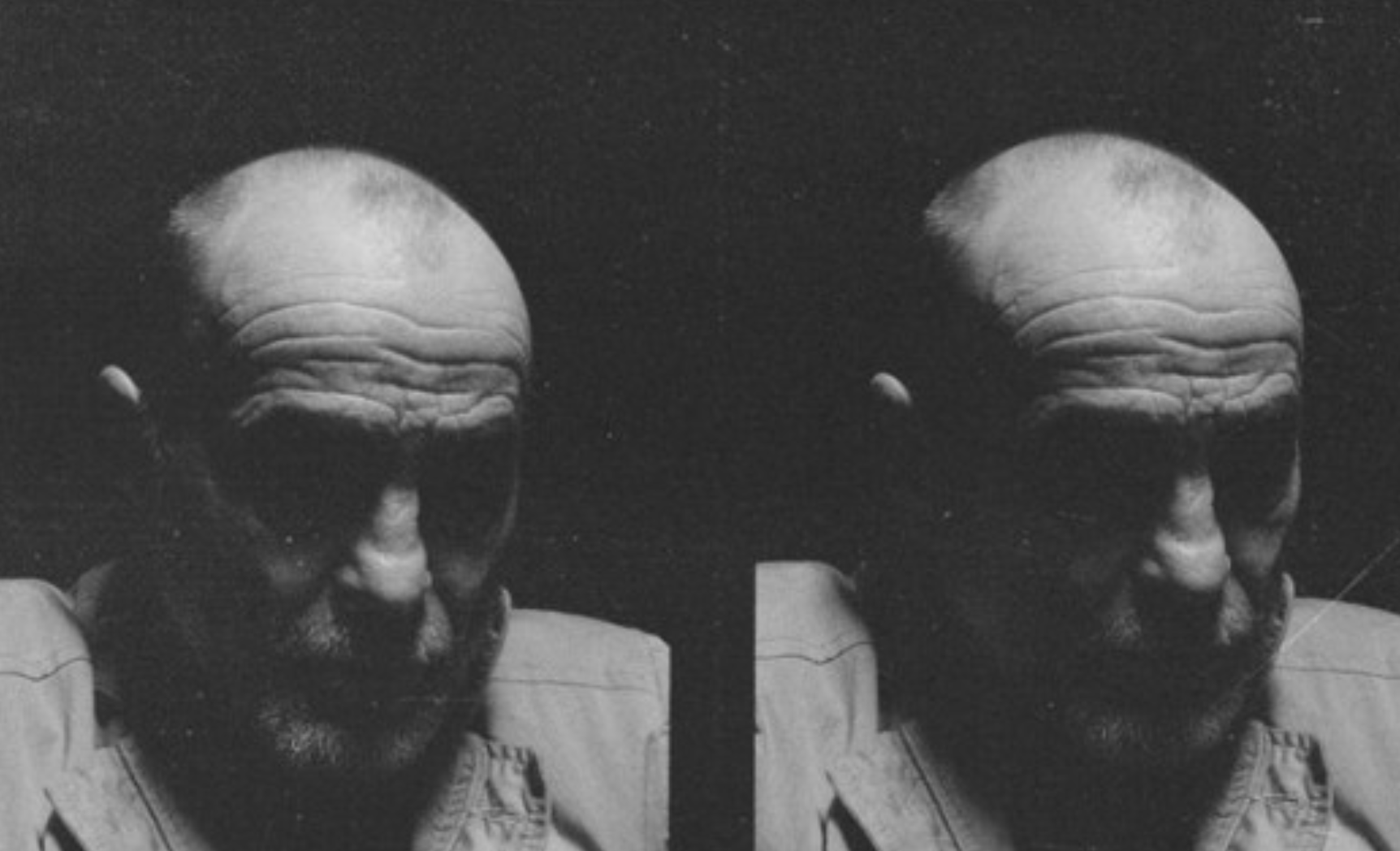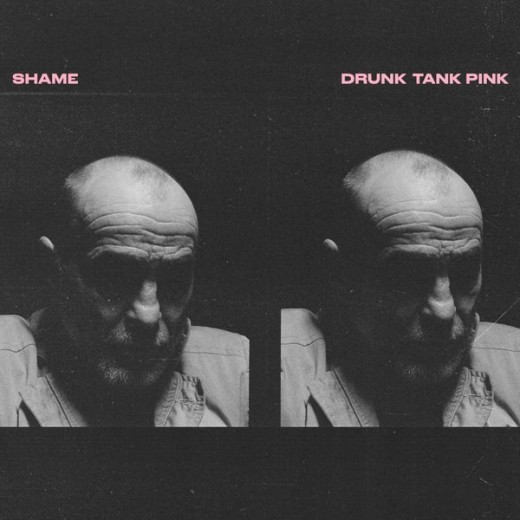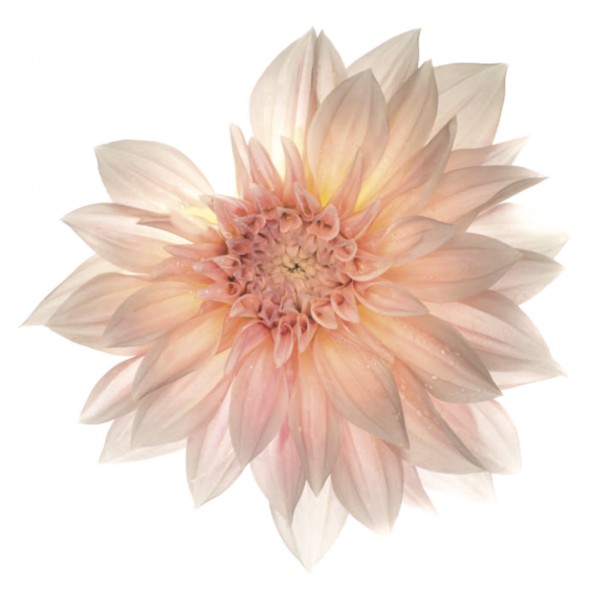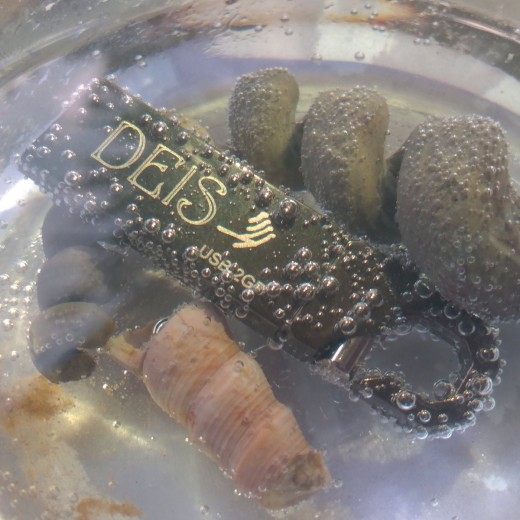London post-punks Shame’s sophomore album, Drunk Tank Pink, had a lot to live up to. After finding breakthrough success with their 2018 debut Songs of Praise, Shame have risen in stature thanks to their accomplished, energetic sound. Drunk Tank Pink builds upon everything that was so impressive from their first album, amplifying their typically whiney guitars, brilliantly erratic drums and rebellious energy, adding new layers to their songwriting talent and a boat load of cheekiness to boot. This time around, the raucous quintet touch on the common anxieties that underlie the transition from youth to adulthood, with frontman Charlie Steen expanding on his own struggles with self-identity in solitude in an unintentional but fitting nod to all those in the isolation of today’s Covid climate.
From start to finish, Drunk Tank Pink is bursting at the seams with snare rolls and fills, as though drummer Charlie Forbes has three arms. Pinpoint rhythms punctuate Steen’s enunciated lyrics like hammering a nail, marking momentary pauses for breath between the waves of relentless verses and crescendos full of twangy guitar and basslines.
Raspy vocals in ‘Nigel Hitter’, resembling that of The Hives’ frontman Pelle Almqvist, are offset by the monotonous depth of tone in ‘Snow Day’, where Steen’s vocal work is not unlike that of Arab Strap’s Aidan Moffat. However, similarities in both tracks lie in Steen’s honest reflections of the battles he had with himself following the non-stop touring and partying that the band’s debut LP brought, leaving the singer in a sort of limbo once pandemic restrictions brought an end to all live music. It was in this isolation where, like many of us, Steen was left alone with his own anxieties – a feeling that’s emphasised through the aggravated lyrics: “It just goes on…”.
Inner insecurities are addressed as he exclaims: “I never did nothing I couldn’t handle”, despite feeling like he was “burning at both ends”, probably alluding to the difficult separation between life on-stage in front of waves of enthralled fans and the reality of living behind closed doors that nobody sees.
‘Snow Day’ only builds on the theme of isolation, depicting the hopeless results of Steen’s anxieties when they get the better of him: “Colour slips away, just like it always does”. This phrase is particularly poignant considering the name of the album. Drunk tank pink is a shade notoriously associated with its pacifying properties, hence its use in prison cells. Steen’s application of the colour to his own walls in the run up to the album makes it clear that he suffers with his own demons, and without live performances as remedy to unleash his pent up agitation, there was no escape from the unwelcome thoughts he faced when locked in his room. With ‘Snow Day’ illustrating Steen’s sense of colour slipping away, the pink paint the frontman used to neutralise his inner unease was only ever a temporary fix.
The band’s collective ability to mix up their style without abandoning their archetypal in-your-face approach is exemplified on ‘Human For A Minute’, which features a grungier, progressive bassline and bright flashes of guitar, creating a soundscape fit to score the next big neo-noir or teen-heartbreak film. The cascading steps of guitar illuminate what feels like a genuine reflection of regret, particularly when paired with the repeated lyrics “I’m half the man I should be”. Here Steen alludes to a type of identity crisis that many can experience in the transition from youth to adulthood, the main difference lying in the fact that the band’s lives were almost scripted following the release of Songs of Praise; with Steen’s days frequently being documented around touring in one country to the next, it’s unsurprising the young musician felt a little perplexed when returning home.
‘Water In The Well’ is unmistakably Shame. Representing the band’s trademark catchy riffs, the album’s lead track furthers the topic of identity, with Steen professing “I tried to find myself, but I lost the map”, marking the notion of self-discovery as a prominent theme of the record from the off.
‘Born in Luton’ sits above the rest though, and underpins the Shame of old, but polished with a new, more established sound. A fast-paced guitar lick acts as a backbone throughout the track and sits either side of its slowed down, drawn out verses, aptly evolving into crescendos of fist-pumping madness. When combined with the choir-like backing vocals towards the end, the song is elevated to become a tremendous example of the contemporary post-punk sound many bands have sought to achieve in recent years.
Shame may look like a group of college nerds at first glance, but put them behind a mic and in front of some amps and they’re transformed into a frenetic unit at the helm of their scene. The reflections on this record are genuine and honest, relaying a familiar anxiety to those in their age bracket. While their upgraded sound has seen Shame step up in ranks, it serves only as the outline for a band set for untold heights. Ellis Maddison







